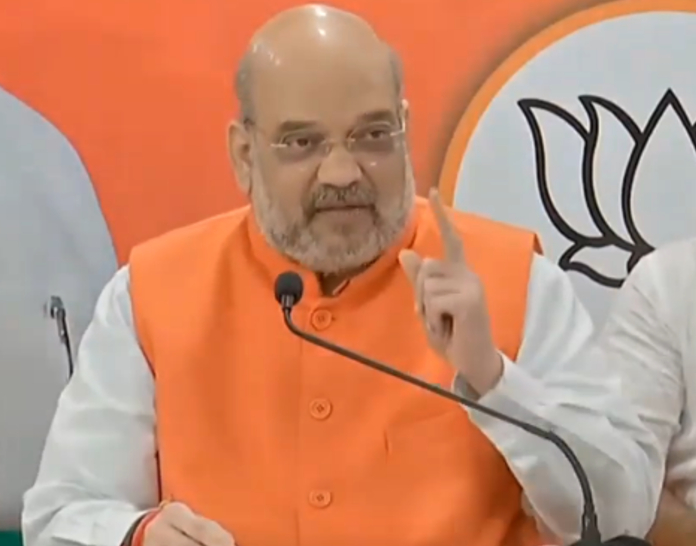
Why Oppn is reluctant to co-operate with Centre’s ‘Ministry of Co-operation’
'They [the BJP] want total control of the cooperative movement across the country and that’s why they have made Amit Shah in charge of the ministry. Cooperatives is a state subject under entry 32 of the State list under the Schedule 7 of the Constitution. How can they create a ministry without an Act of Parliament,' Chennithala said

The Press Information Bureau recently issued an anodyne statement announcing the Union government’s decision to form a separate ministry for co-operatives.
“It will help deepen co-operatives as a true people based-movement reaching up to the grassroots,” the PIB said. “In our country, a co-operative based economic development model is very relevant where each member works with a spirit of responsibility. The ministry will work to streamline processes for ‘ease of doing business’ for co-operatives and enable development of multi-state co-operatives.”
Opposition leaders, however, believe the Centre’s agenda behind the formation of the Orwellian sounding ‘Ministry of Co-operation’ is different.
Congress leader Ramesh Chennithala, MLA and former leader of the opposition in Kerala, told The Hindu that the Centre wants to “hijack the cooperative movement”.
“They [the BJP] want total control of the cooperative movement across the country and that’s why they have made Amit Shah in charge of the ministry. Cooperatives is a state subject under entry 32 of the State list under the Schedule 7 of the Constitution. How can they create a ministry without an Act of Parliament,” Chennithala said.
Should the Opposition Be Worried?
States such as Maharashtra, Kerala, Gujarat and West Bengal have strong co-operative movements. Many prominent leaders started their political careers in cooperatives. Home Minister Amit Shah, who will run the ‘co-operation ministry’ – was a long-time director of Ahmedabad District Cooperative Bank. NCP chief Sharad Pawar, who once nursed prime ministerial ambitions, is also directly connected to co-operatives. Control of co-operatives allows politicians to influence decisions upstream (who gets a cabinet seat) as well as downstream and ancillary fields (where are the votes coming from). They are a source of funding and patronage. A canny politician can leverage his/her power at the cooperative level all the way to state and national prominence.
How Co-operatives Can Affect National Politics
According to the Indian Express newspaper, in the present Maharashtra legislature, there are at least 150 legislators who have had some connection with the co-operative movement. The country has 330 co-operative sugar mill operations. Sharad Pawar (and his family) control several such factories in western Maharashtra. All those factories depend on the district co-operative bank for loans and other facilities. The district co-operative bank is controlled by the NCP. The Maharashtra State Co-operative Bank controls district co-operative banks. At the central level, the Reserve Bank of India and the National Bank for Agriculture and Rural Development govern all state co-operative boards.
India has nearly 2 lakh cooperative dairy societies. Amul, famously, is a co-operative. In banking and finance, co-operative institutions are spread across rural and urban areas. The politics of co-operatives, then, can have a massive affect at the national level.


